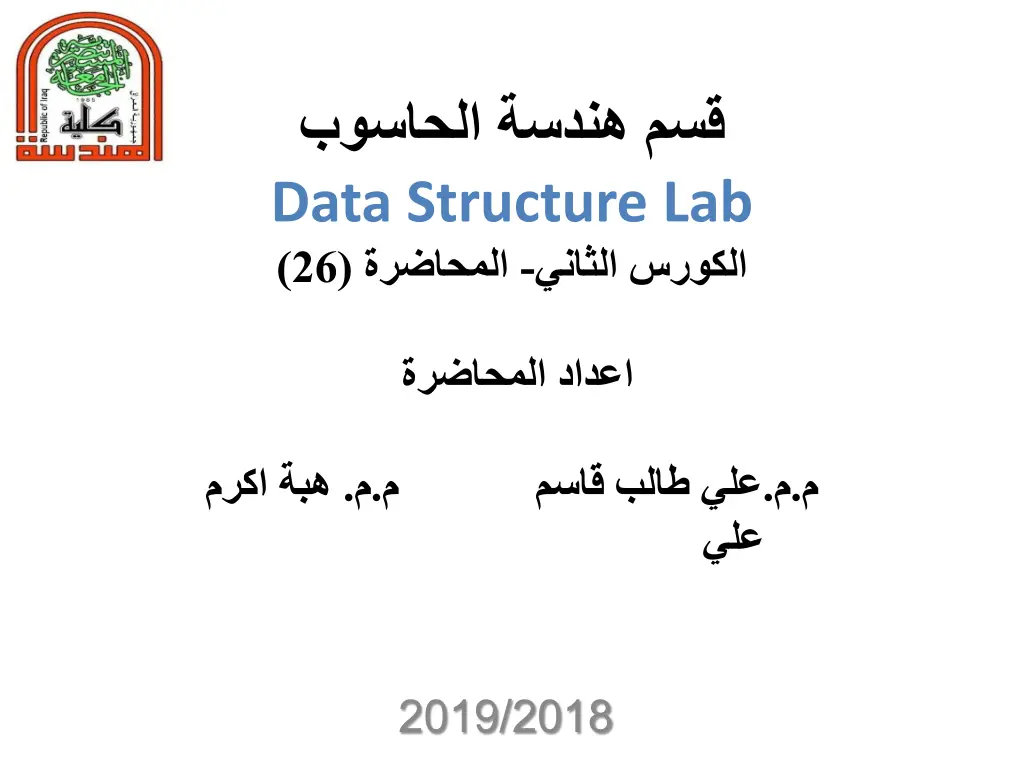
Pointer Arithmetic in C++ Programming
Understand how pointer arithmetic works in C++ programming by learning how to increment and decrement pointers based on the data type's size. Explore examples and explanations to enhance your understanding of pointer operations.
Download Presentation

Please find below an Image/Link to download the presentation.
The content on the website is provided AS IS for your information and personal use only. It may not be sold, licensed, or shared on other websites without obtaining consent from the author. If you encounter any issues during the download, it is possible that the publisher has removed the file from their server.
You are allowed to download the files provided on this website for personal or commercial use, subject to the condition that they are used lawfully. All files are the property of their respective owners.
The content on the website is provided AS IS for your information and personal use only. It may not be sold, licensed, or shared on other websites without obtaining consent from the author.
E N D
Presentation Transcript
Pointer (Part I) Program 2: The NULL pointer is a constant with a value of zero defined in several standard libraries, including iostream. Consider the following program: #include <iostream.h> int main ( ) { int *ptr = NULL; cout << "The value of ptr is " << ptr ; return 0; } When the above code is compiled and executed, it produces the following result: The value of ptr is 0
C++ Pointer Arithmetic As you understood pointer is an address which is a numeric value; therefore, you can perform arithmetic operations on a pointer just as you can a numeric value. There are four arithmetic operators that can be used on pointers: ++, --, +, and The arithmetic update will depend on type of pointer. To understand pointer arithmetic, let us consider that ptr is an integer pointer which points to the address 1000. Assuming 32-bit integers, let us perform the following arithmetic operation on the pointer:- ptr++ The ptr will point to the location 1004 because each time ptr is incremented, it will point to the next integer.
Decrementing a Pointer: The same considerations apply to decrementing a pointer, which decreases its value by the number of bytes of its data type as shown below: Program 4: #include <iostream.h> const int MAX = 3; int main ( ) { int var[MAX] = {10, 100, 200}; int *ptr; // let us have address of the last element in pointer. ptr = &var[MAX-1]; for (int i = MAX; i > 0; i--) { cout << "Address of var[" << i << "] = "; cout << ptr << endl; cout << "Value of var[" << i << "] = "; cout << *ptr << endl; // point to the previous location ptr--; } return 0; }
Thank You Thank You






















